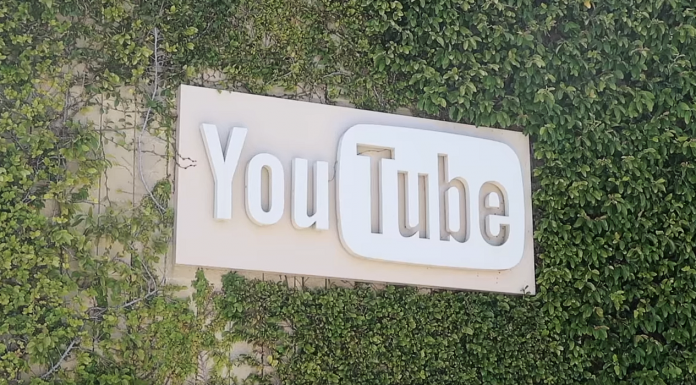YouTube admitted on Tuesday that it has removed more than 1 million videos that spread “dangerous coronavirus misinformation” since the pandemic first began in February 2020.
In a statement, the social-media publisher said all the videos taken down included content that spread “false claims” about the pandemic, such as “false cures or claims of a hoax,” even though YouTube had no hard evidence to validate its own editorial stances.
“In the midst of a global pandemic, everyone should be armed with absolutely the best information available to keep themselves and their families safe,” the company claimed.
YouTube said that it depended on “expert consensus” from health organizations such as the World Health Organization or Centers for Disease Control and Prevention to determine what qualifies as “misinformation.” However, there are several examples of YouTube censoring content that did not contradict CDC guidance.
One instance of this was when the company removed a video posted by Sen. Rand Paul, R-Ky., in which he questioned the effectiveness of cloth masks.
President Joe Biden’s own coronavirus adviser made similar comments just weeks before, arguing cloth masks very did little to prevent the spread of COVID-19 while N-95 respirators were more effective. But YouTube censored Paul’s video anyway, claiming it spread “misinformation.”
“YouTube said the video violated their policy, because of my comments on masks, and they don’t allow videos that contradict government’s guidance on COVID,” Paul said at the time.
“YouTube may be a private entity, but they’re acting like an arm of the government, censoring those who present an alternative view to the science deniers in Washington,” he added.
The statement’s timing coincided with former President Donald Trump’s filing of a preliminary injunction to force the company to reinstate his and other censored accounts.
The filing came as part of a class-action lawsuit against YouTube’s parent company, Google, as well as Facebook and Twitter. Trump said the lawsuit more than 85,000 potential plaintiffs to-date.
YouTube’s chief product officer, Neal Mohan, admitted in a statement that overly aggressive removal policies could have a negative effect that undermined the First Amendment and resulted in the suppression of legitimate thoughts and ideas.
“Removals are a blunt instrument, and if used too widely, can send a message that controversial ideas are unacceptable,” Mohan said in a blog post.
“In the absence of certainty, should tech companies decide when and where to set boundaries in the murky territory of misinformation?” he continued. “My strong conviction is no.”

